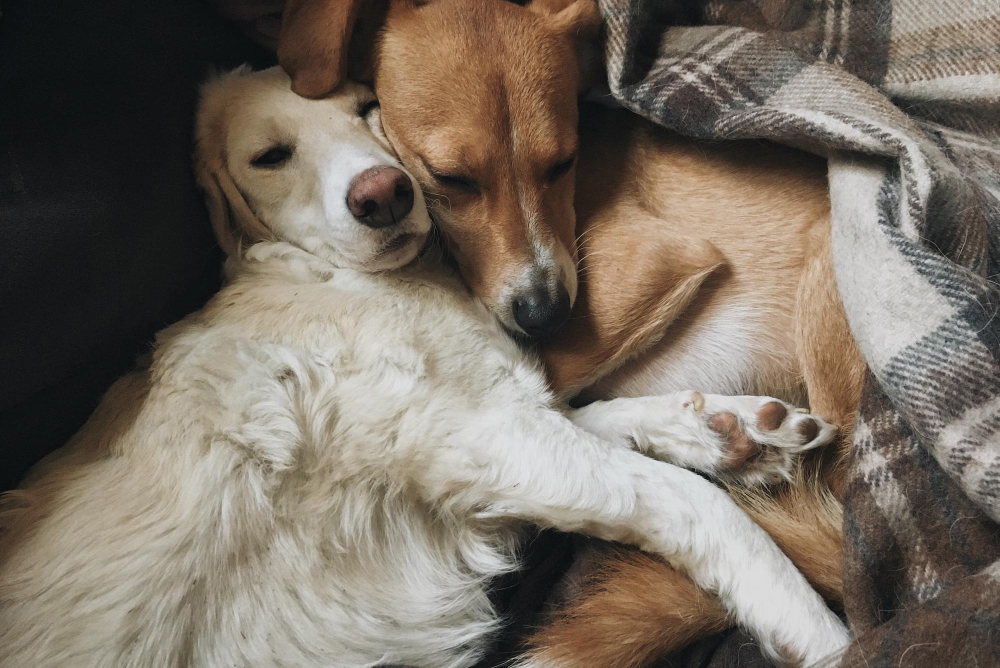How to Support Other Pets in the Home After a Loss

How to Support Other Pets in the Home After a Loss

Losing a beloved pet is one of the hardest experiences any animal lover faces. But while we grieve, it's easy to overlook the fact that our other pets are grieving too. Animals form deep bonds with their companions, and when one passes away, the remaining pets often feel the absence just as strongly as we do.
If you've recently said goodbye to a pet—or are preparing to—you might notice behavioral changes in your other animals. They may seem restless, withdrawn, or even anxious. Understanding how pets grieve and knowing how to support them can make a significant difference in helping them adjust to life without their companion.
This guide will walk you through the signs of pet grief, practical ways to provide comfort, and how choosing in home euthanasia in Reno, NV can ease the transition for everyone involved.
Do Pets Really Grieve?
Yes, pets absolutely grieve. Research shows that animals, particularly dogs and cats, experience emotional distress when a companion dies. They rely on routine, familiarity, and social bonds, so when a member of their pack or household disappears, they notice immediately.
Common signs of grief in pets include:
- Loss of appetite: Your pet may eat less or refuse food altogether.
- Changes in sleep patterns: Some pets sleep more, while others become restless.
- Searching behavior: Pets may look for their lost companion in familiar spots.
- Increased vocalization: Dogs might whine or bark more, while cats may meow excessively.
- Withdrawal or clinginess: Some pets isolate themselves, while others become more attached to their human family members.
Every pet grieves differently. Some adjust quickly, while others take weeks or even months to fully recover. The key is to be patient and observant.
How In Home Euthanasia Can Help Other Pets Cope
Choosing in home euthanasia in Reno, NV offers unique benefits for the pets left behind. When a pet passes away at home, surrounded by familiar sights, sounds, and smells, it creates a more peaceful environment for everyone.
Here's why this matters:
Closure for other pets: When euthanasia happens at home, your other pets can be present during or after the process. This allows them to understand, in their own way, what has happened. They can sniff their companion, which helps them process the loss rather than being left confused about a sudden disappearance.
Less stress and anxiety: Veterinary clinics can be stressful for pets. By keeping the experience at home, you reduce the anxiety for both the pet being euthanized and the others in the household.
Familiarity and comfort: Home is where your pets feel safest. This sense of security can help them adjust more easily to the change.
If you're considering in home euthanasia in Reno, NV, talk to your veterinarian about how to include your other pets in a way that feels right for your family.
6 Ways to Support Your Remaining Pets After a Loss
Once you've said goodbye, your focus shifts to helping your other pets navigate their grief. Here are six practical ways to provide comfort and stability.
1. Maintain Their Routine
Pets thrive on predictability. Stick to regular feeding times, walks, and play sessions. Even small disruptions can add to their stress, so keeping their daily rhythm intact helps them feel secure.
2. Offer Extra Attention and Affection
Your pets may seek more physical contact during this time. Spend extra time petting, playing, or simply sitting with them. Your presence is reassuring, and it reminds them they're not alone.
3. Allow Them to Grieve in Their Own Way
Don't force your pets to "move on" too quickly. If they want to spend time in their lost companion's favorite spot, let them. If they need to be alone, respect that space. Grief looks different for every pet.
4. Introduce New Activities Slowly
While it's important to keep routines steady, gradually introducing new toys, games, or even short outings can help redirect their energy and give them something positive to focus on.
5. Monitor Their Health Closely
Grief can sometimes manifest as physical symptoms. Keep an eye on their eating habits, bathroom routines, and energy levels. If anything seems off for more than a few days, consult your veterinarian.
6. Consider Adding a New Pet—But Not Right Away
Some pet owners wonder if getting a new animal will help their grieving pet. While a new companion can eventually bring joy, it's usually best to wait. Give your remaining pets time to adjust before introducing another animal into the home. When the time feels right, make introductions slowly and carefully.
When to Seek Professional Help
Most pets adjust to loss within a few weeks, but some struggle longer. If your pet's grief symptoms persist or worsen, it's worth consulting a veterinarian or animal behaviorist. They can assess whether your pet might benefit from additional support, such as calming supplements or behavioral therapy.
Signs that your pet may need extra help include:
- Refusing to eat for several days
- Severe lethargy or complete lack of interest in usual activities
- Aggressive behavior that wasn't present before
- Self-harm or destructive behavior
Don't hesitate to reach out. Your vet understands that grief affects the entire household, and they're there to help.
Honoring Your Pet's Memory Together
Creating a small memorial or ritual can help both you and your remaining pets process the loss. Some families plant a tree, create a photo album, or set aside a special space in the home to remember their pet. These acts of remembrance provide closure and allow everyone to say goodbye in their own way.
Pets may not understand memorials the way we do, but they do pick up on our emotions. Taking time to grieve openly can actually help them feel more at ease.
Moving Forward with Compassion
Losing a pet changes the dynamic of your home, but with time, patience, and care, your remaining pets will find their footing again. They'll adjust to new routines, form new bonds, and eventually, the sadness will lift.
The most important thing you can do is be present. Pay attention to their needs, offer comfort, and trust that they'll heal in their own time.
If you're considering in home euthanasia in Reno, NV, contact Rover Veterinary Care today for more information. Their compassionate team understands the unique needs of families with multiple pets and can help make this difficult time as peaceful as possible for everyone involved.
